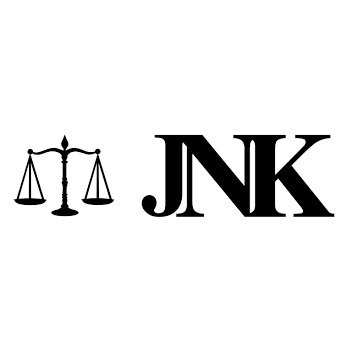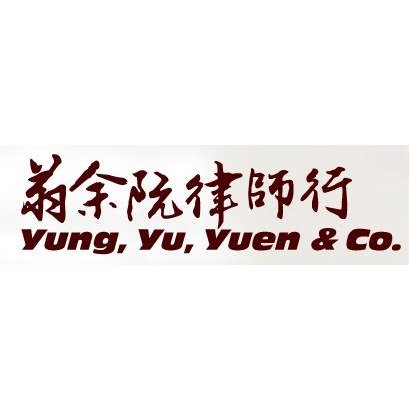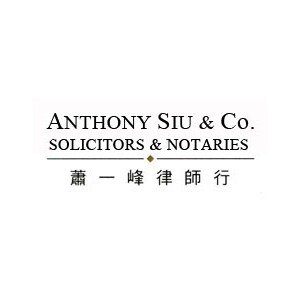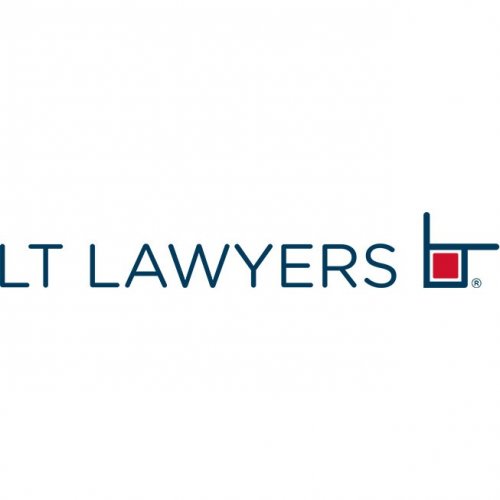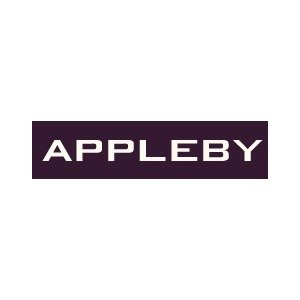Best Public-Private Partnerships (PPP) Lawyers in Hong Kong
Share your needs with us, get contacted by law firms.
Free. Takes 2 min.
Or refine your search by selecting a city:
List of the best lawyers in Hong Kong
About Public-Private Partnerships (PPP) Law in Hong Kong
Public-Private Partnerships, commonly known as PPP, refer to cooperative arrangements between public sector entities and private sector companies to finance, construct, operate, or maintain projects that serve the public interest. In Hong Kong, PPP has been employed for various infrastructure and public utility projects, including transport, waste management, and community services. These partnerships allow for sharing of resources, risks, and rewards, enabling the government to leverage private sector expertise and innovation.
Although Hong Kong does not have a standalone PPP ordinance, the city draws on a combination of policies, contractual frameworks, and international standards to guide PPP projects. The process involves careful planning, transparent procurement, and diligent contract management to ensure public benefits are achieved while protecting private investors' interests.
Why You May Need a Lawyer
Given the complexity and significant financial stakes involved in PPP projects, legal advice is often crucial for both public and private participants. Here are some common scenarios where seeking legal assistance may be necessary:
- Drafting and negotiating PPP contracts to ensure fair allocation of risks and responsibilities.
- Advising on compliance with procurement procedures and government regulations.
- Assisting with dispute resolution if conflicts arise during the project lifecycle.
- Reviewing financing arrangements and ensuring regulatory compliance for funding sources.
- Advising on land and property rights, environmental laws, or public consultation obligations.
- Assessing and mitigating risks on issues such as performance guarantees or indemnities.
- Providing guidance on the termination, refinancing, or transfer of PPP projects.
Legal support helps partners navigate legal uncertainties, align with best practices, and protect their interests throughout the duration of the partnership.
Local Laws Overview
Public-Private Partnerships in Hong Kong are governed by a combination of local laws, administrative policies, and contractual arrangements. Key aspects include:
- Legal Framework: There is no specific PPP law in Hong Kong, so projects are generally guided by common law principles, contract law (Basic Law, Cap. 23), the Government Procurement Agreement (GPA) under the WTO, and relevant sectoral ordinances.
- Procurement: PPPs must adhere to the Government’s procurement policies, emphasizing fairness, transparency, and competitive tendering to avoid any conflict of interest.
- Contracting: Contracts often set out project objectives, financing structure, risk allocation, performance standards, and dispute resolution procedures. These are typically lengthy and require careful drafting.
- Investment: Legal protections exist for investors, such as the recognition of property rights and the assurance of equitable treatment under Hong Kong’s legal system.
- Dispute Resolution: PPP contracts often specify arbitration and mediation procedures, consistent with Hong Kong’s status as a major legal and arbitration hub.
It is critical for participants to be aware of sector-specific regulations, such as those relating to infrastructure, energy, or environment, which may impact specific PPP projects.
Frequently Asked Questions
What is a Public-Private Partnership (PPP)?
A PPP is an arrangement where the public sector partners with private entities to deliver projects or services that benefit the public, sharing risks, resources, and rewards.
Are there specific PPP laws in Hong Kong?
There is no standalone PPP ordinance. PPPs are based on a combination of Hong Kong’s common law, sector-specific ordinances, government procurement policies, and contractual agreements.
Which sectors commonly use PPP in Hong Kong?
PPP is most commonly used in infrastructure, public utilities, transportation, environmental projects, and social services such as health or education facilities.
How does the government select private partners for PPP projects?
Private partners are usually selected through a transparent and competitive tendering process, following public procurement guidelines to ensure fairness and value for money.
What are the main risks for private companies in PPP?
Private participants may face construction delays, cost overruns, legislative changes, demand unpredictability, and operational challenges. Careful contract negotiation and risk allocation are crucial.
Can overseas companies participate in PPPs in Hong Kong?
Yes, overseas companies are eligible to participate in PPP projects, subject to eligibility requirements outlined in individual project procurements and compliance with local laws.
What is the usual duration of a PPP contract?
PPP contracts typically span medium to long term periods, often ranging from 10 to 30 years, depending on the type and scale of the project.
How are disputes resolved in PPP projects?
Disputes are commonly resolved by negotiation, mediation, or arbitration. Many PPP contracts specify arbitration as the preferred method, taking advantage of Hong Kong’s established arbitration framework.
Is government support or guarantee available for PPP projects?
Government support may be available depending on the project, often in the form of guarantees, subsidies, or assurances to facilitate financing and viability, subject to policy considerations.
Do PPP projects require environmental permits or public consultation?
Yes, many PPP projects, especially in infrastructure or environmental sectors, require compliance with environmental protection laws and public consultation processes as prescribed by relevant ordinances.
Additional Resources
If you are seeking more information or need legal guidance on PPP in Hong Kong, consider exploring the following resources:
- Development Bureau of the HKSAR Government: Responsible for policy on infrastructure and PPP schemes.
- Environment and Ecology Bureau: Oversees environmental compliance and regulations for relevant projects.
- Hong Kong International Arbitration Centre: Resource for resolving commercial and contractual disputes in PPP projects.
- Hong Kong Institute of Urban Design: Useful for best practices and case studies in urban development PPPs.
- Professional Law Firms and Industry Associations: Many law firms and industry groups offer seminars, white papers, and legal updates specific to PPP.
Next Steps
If you are considering engaging in a PPP project or require legal advice, the following steps can help guide your process:
- Gather all relevant information about your intended PPP project, including objectives, stakeholders, and financial considerations.
- Review any public consultation requirements, environmental standards, or investment regulations applicable to your sector.
- Consult with a qualified legal professional experienced in PPPs and infrastructure projects in Hong Kong to assess your legal position, risks, and responsibilities.
- Seek preliminary advice on contract structuring, partner selection, and compliance issues before committing to any agreements.
- Participate in industry seminars or outreach activities organized by government agencies or professional associations to stay informed about current trends and opportunities in PPP.
Early legal guidance is essential for a successful and well-structured PPP arrangement. Engaging the right legal counsel can help you avoid pitfalls and ensure your interests are protected throughout the project lifecycle.
Lawzana helps you find the best lawyers and law firms in Hong Kong through a curated and pre-screened list of qualified legal professionals. Our platform offers rankings and detailed profiles of attorneys and law firms, allowing you to compare based on practice areas, including Public-Private Partnerships (PPP), experience, and client feedback.
Each profile includes a description of the firm's areas of practice, client reviews, team members and partners, year of establishment, spoken languages, office locations, contact information, social media presence, and any published articles or resources. Most firms on our platform speak English and are experienced in both local and international legal matters.
Get a quote from top-rated law firms in Hong Kong — quickly, securely, and without unnecessary hassle.
Disclaimer:
The information provided on this page is for general informational purposes only and does not constitute legal advice. While we strive to ensure the accuracy and relevance of the content, legal information may change over time, and interpretations of the law can vary. You should always consult with a qualified legal professional for advice specific to your situation.
We disclaim all liability for actions taken or not taken based on the content of this page. If you believe any information is incorrect or outdated, please contact us, and we will review and update it where appropriate.
Browse public-private partnerships (ppp) law firms by city in Hong Kong
Refine your search by selecting a city.





